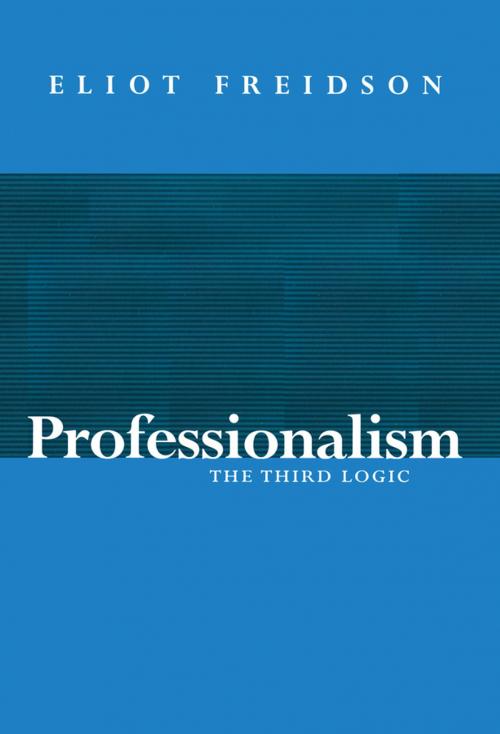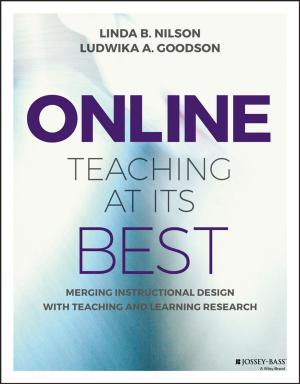Professionalism
The Third Logic
Nonfiction, Social & Cultural Studies, Social Science, Discrimination & Race Relations| Author: | Eliot Freidson | ISBN: | 9780745666297 |
| Publisher: | Wiley | Publication: | July 10, 2013 |
| Imprint: | Polity | Language: | English |
| Author: | Eliot Freidson |
| ISBN: | 9780745666297 |
| Publisher: | Wiley |
| Publication: | July 10, 2013 |
| Imprint: | Polity |
| Language: | English |
Eliot Freidson has written the first systematic account of professionalism as a method of organizing work. In ideal-typical professionalism, specialized workers control their own work, while in the free market consumers are in command, and in bureaucracy managers dominate. Freidson shows how each method has its own logic requiring different kinds of knowledge, organization, career, education and ideology. He also discusses how historic and national variations in state policy, professional organization, and forms of practice influence the strength of professionalism.
In appraising the embattled position of professions today, Freidson concludes that ideologically inspired attacks pose less danger to professionals' institutional privileges than to their ethical independence to resist use of their specialized knowledge to maximize profit and efficiency without also providing its benefits to all in need.
This timely and original analysis will be of great interest to those in sociology, political science, history, business studies and the various professions.
Eliot Freidson has written the first systematic account of professionalism as a method of organizing work. In ideal-typical professionalism, specialized workers control their own work, while in the free market consumers are in command, and in bureaucracy managers dominate. Freidson shows how each method has its own logic requiring different kinds of knowledge, organization, career, education and ideology. He also discusses how historic and national variations in state policy, professional organization, and forms of practice influence the strength of professionalism.
In appraising the embattled position of professions today, Freidson concludes that ideologically inspired attacks pose less danger to professionals' institutional privileges than to their ethical independence to resist use of their specialized knowledge to maximize profit and efficiency without also providing its benefits to all in need.
This timely and original analysis will be of great interest to those in sociology, political science, history, business studies and the various professions.















